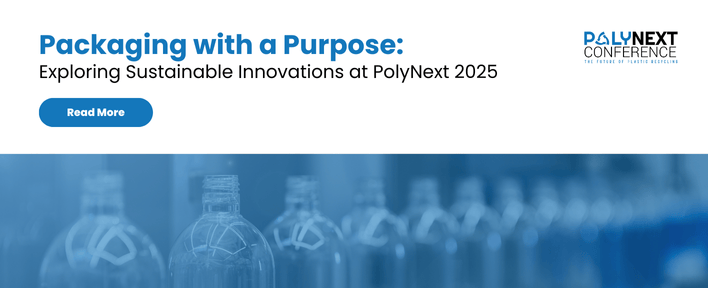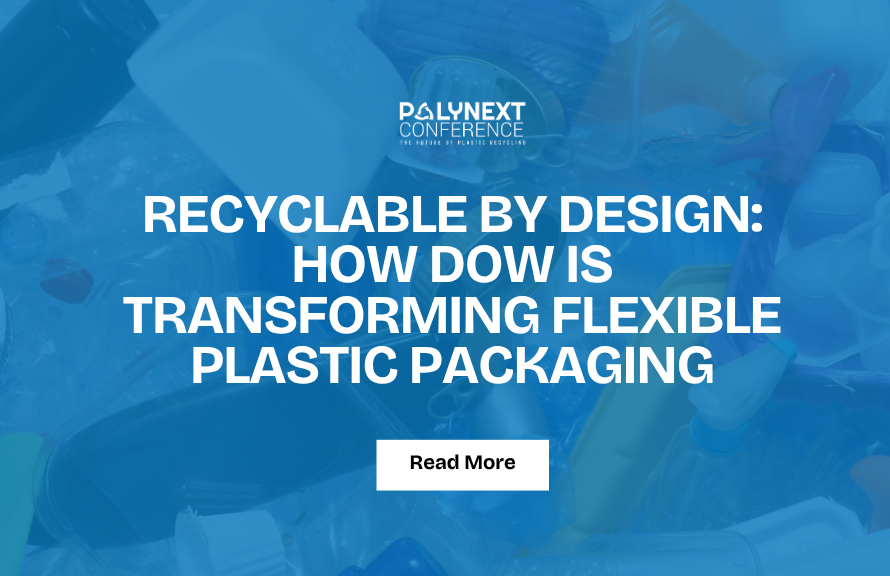Discover how seaweed-based packaging is replacing plastics—from fast food wrappers to beauty products—driving a global shift toward sustainable materials.
From burger wrappers to shampoo sachets, plastic packaging is everywhere—but a quiet revolution is growing under the sea. Around the world, scientists and startups are harnessing the power of seaweed to develop biodegradable, compostable, and even edible alternatives to plastic.
In Australia and Germany, researchers at Flinders University and biotech firm one • five have developed a sodium alginate–based seaweed coating for fast food packaging. This innovation works with existing machinery and decomposes naturally—unlike conventional plastic, which lingers for centuries.
In the Philippines, Denxybel Montinola created a bioplastic film from seaweed and mango peel that dissolves in water—offering a zero-waste solution for the food industry. Meanwhile, India’s Zerocircle, founded by Neha Jain, produces marine-safe packaging from seaweed that breaks down naturally without industrial composting, also supporting coastal livelihoods.
Across the globe in the UK, Notpla has developed seaweed-based sachets and coatings that disappear after use, leaving no trace of microplastic. And Australia’s ULUU is manufacturing compostable PHAs from seaweed through fermentation, delivering performance with sustainability.
One of the most inspiring journeys comes from Wenaël Regnier, a former pastry chef turned eco-entrepreneur. As the Founder & CEO of Serpeka, he brings the finesse of fine pastry into biopolymer innovation, creating elegant, biodegradable packaging solutions derived from seaweed and food-grade ingredients. From piping bags to planet-friendly films, Regnier’s journey proves that culinary creativity can power packaging transformation.
Why Seaweed Stands Out
Not all bioplastics are created equal. Seaweed packaging leads on multiple fronts:
Ultra-Renewable: Grows 30–60x faster than land crops
No Irrigation or Fertilizers: Grows in the ocean with minimal inputs
Carbon Capture:Seaweed absorbs carbon dioxide and boosts biodiversity
Marine-Safe: Dissolves without harming aquatic life
Community Impact:Empowers coastal economies from Indonesia to India
These qualities make seaweed not just sustainable—but regenerative.
Green Chemistry Is the Future of Packaging
The shift toward green chemistry—designing materials that are safe, renewable, and fully biodegradable—is no longer niche. From mushroom-based trays (like those from Ecovative in the U.S.) to PLA films from cornstarch, packaging is undergoing a materials revolution. Seaweed, with its unique ecological benefits and industrial compatibility, is at the center of this transformation.
What’s Next for Seaweed-Based Packaging?
Backed by increased consumer demand and regulatory pressure to eliminate single-use plastics, seaweed-based solutions are scaling fast. Companies like Notpla already supply biodegradable sachets to large-scale events like the London Marathon. Asian startups are receiving government support to expand seaweed farming as both a climate and economic solution.
The decade ahead could see seaweed farms powering packaging plants, connecting marine ecology with material science—and turning the tide on plastic pollution.
PolyNext: Where Innovation Meets Impact
At PolyNext, we proudly spotlight innovators like Wenaël Regnier, and many others who are redefining packaging through science, sustainability, and scale. Join us to explore the next wave of material breakthroughs—because the future of polymers isn’t plastic, it’s planet-positive
Be part of the movement—experience the future of sustainable materials firsthand at PolyNext 2025.

